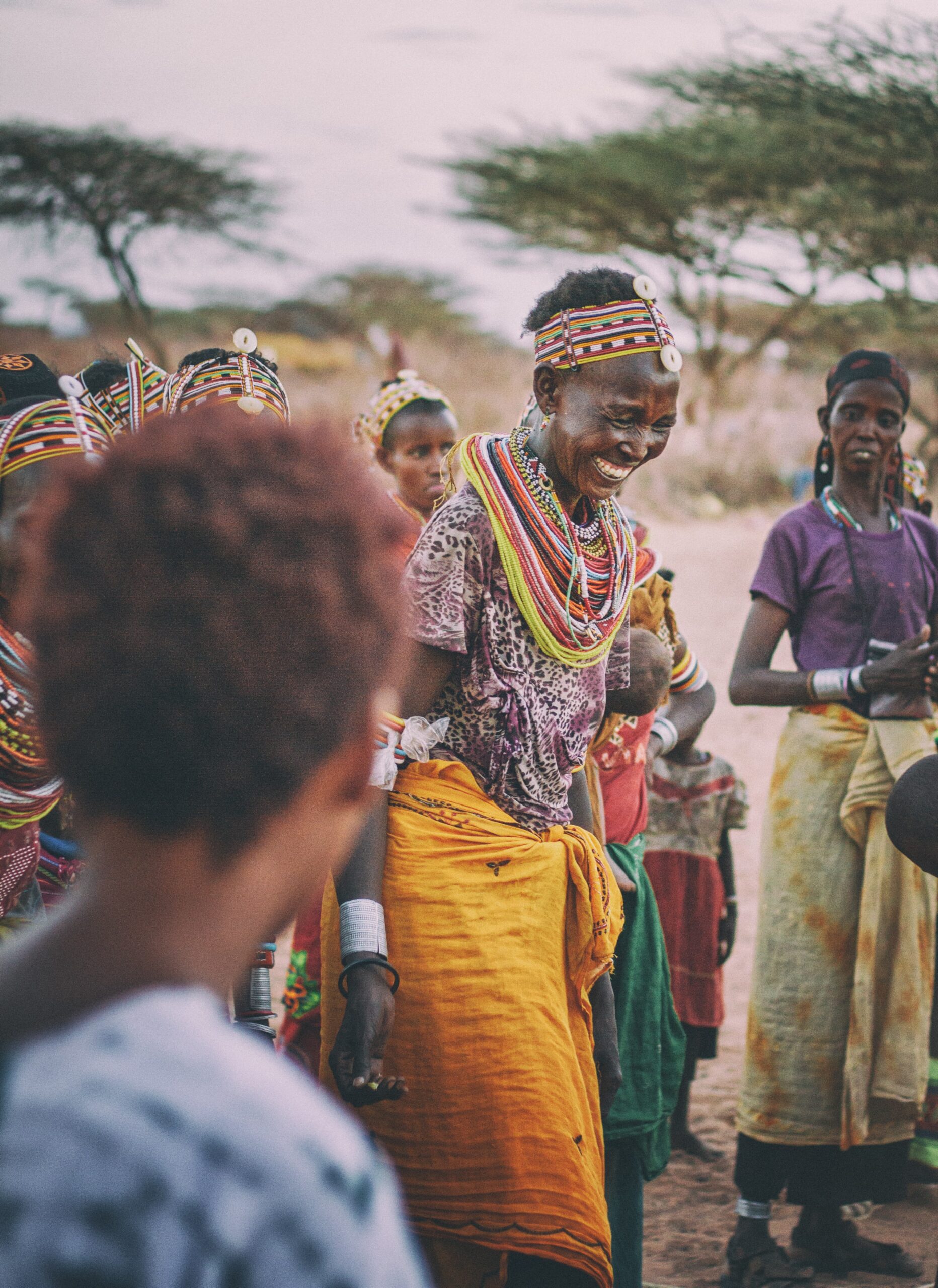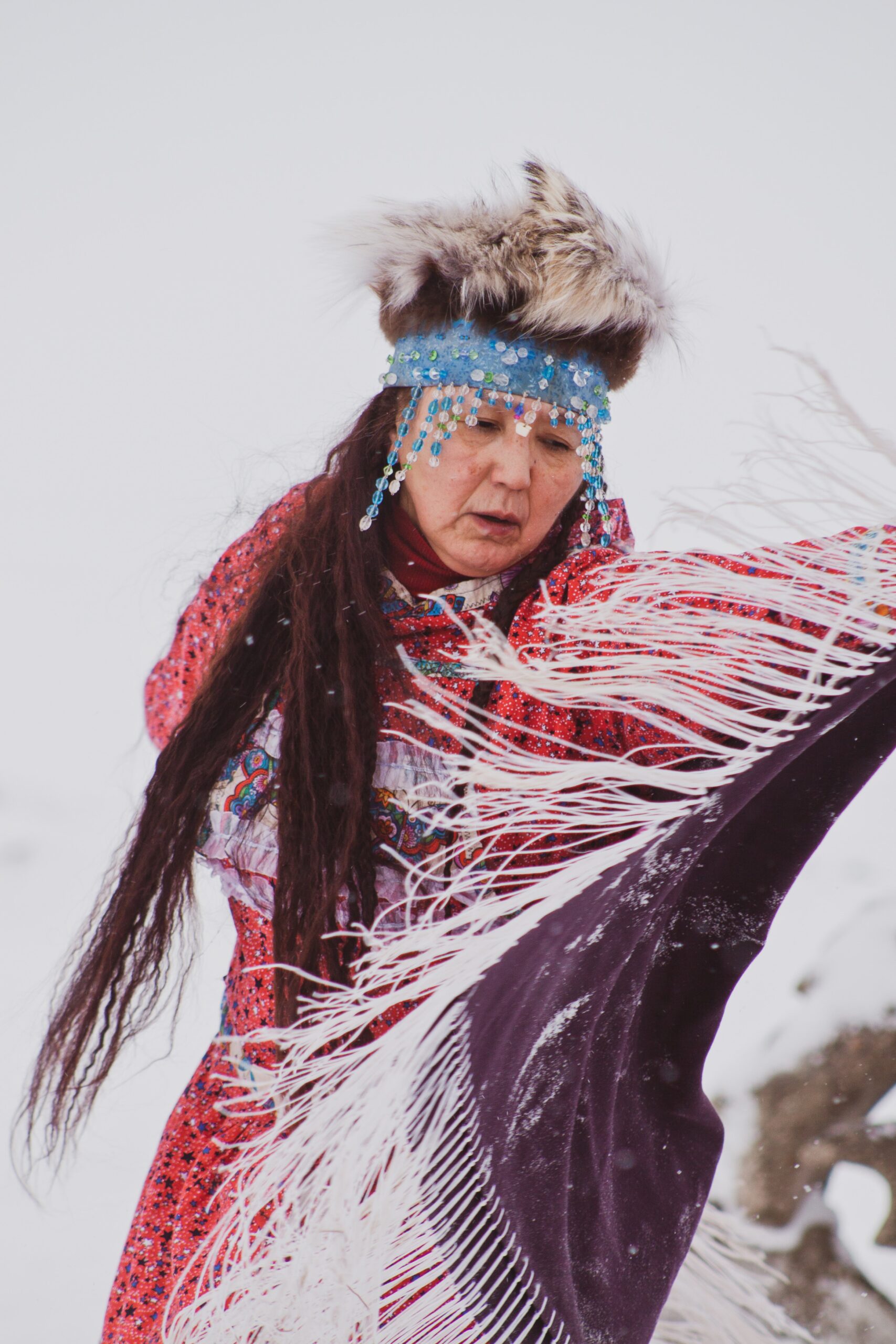tribal nations, Native or indigenous people
Indigenous people globally are protecting the rights of nature and 80% of the world’s lasting biodiversity while fighting to maintain their culture, all of which are under threat from exploitation, extraction, development, and climate change.
The vision for equitable climate action further stands with Indigenous peoples globally in opposing the practice and use of “Eminent Domain” by governmental agencies to condemn, exploit or take lands from Indigenous people.

In the United States centuries of colonialism, federal legislation and funding decisions have resulted in American Indian/Alaskan Native/Native Hawaiian people not having the basic right to protect their land, air, and water, cultural and sacred sites, including those in areas that are not under their jurisdiction, nor the resources or authority to expeditiously transition to renewable energy (as defined herein) or ensure the health of their communities and their ability to be resilient to the impacts of climate change. These rights must be restored, and resources must be committed to ensure that tribal communities are not unjustly burdened.
In solidarity
In solidarity with tribes, the vision for equitable climate action understands that:
- free and informed prior consent must be achieved by establishing regulations, standards, and procedural requirements that Indian Tribes grant informed consent;
- this consent must be free from influence or repercussions from outside sources including the U.S. Government;
- and must be given prior to any agency action that may adversely affect land and water under Indian jurisdiction, health, cultural activities – including off-reservation treaty-reserved rights to hunting, fishing, gathering -, or the continued protection and access to sacred and cultural sites including on federal, state, or municipal lands.


further sectors and topics
Economy-Wide Targets
Economic benefits to be created with a strong federal approach to lower emissions.
